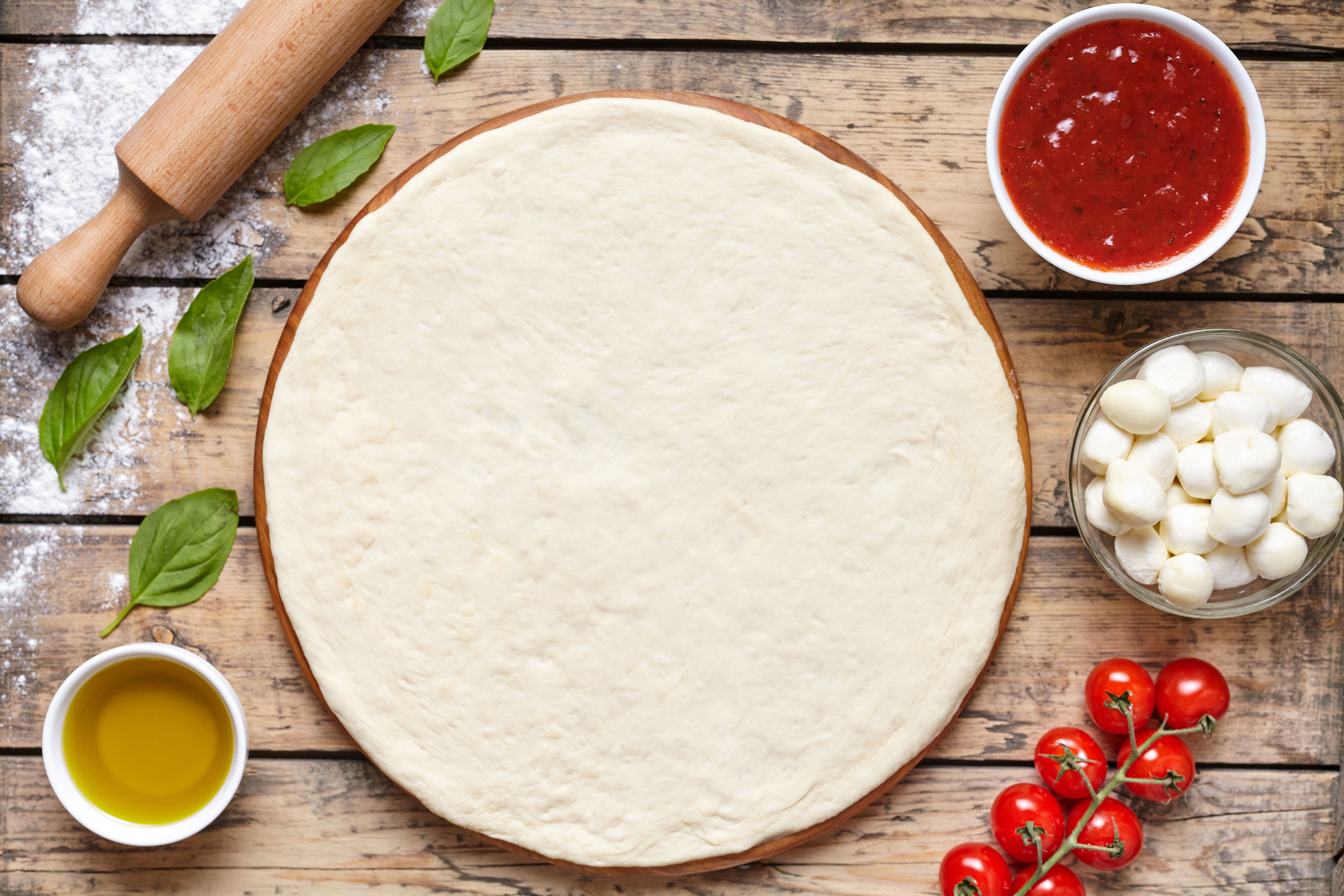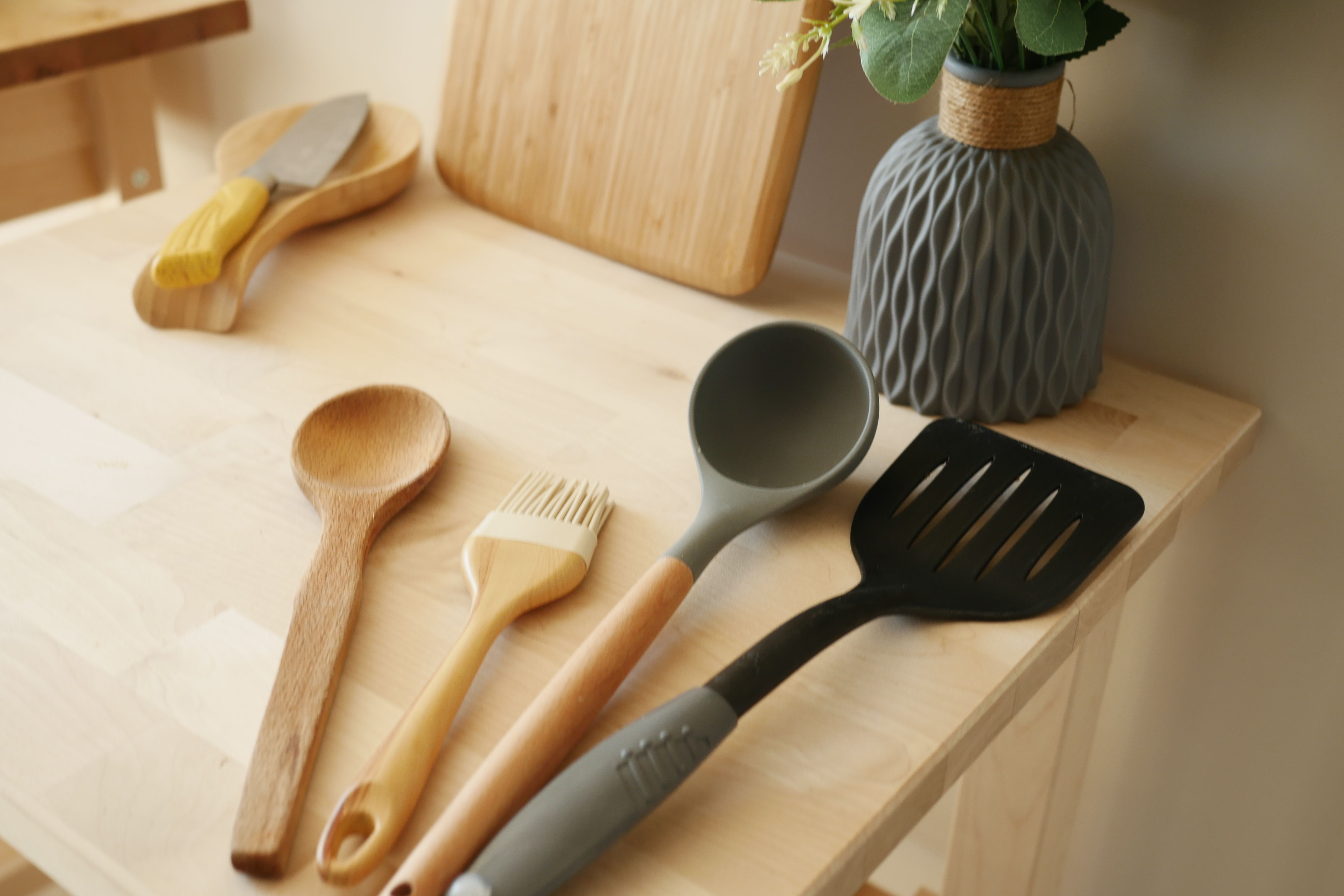Pizza Dough Roller for Your Restaurant
Understanding the Importance of a Pizza Dough Roller
For any restaurant that prides itself on serving delicious, hand-crafted pizzas, investing in the right pizza dough roller is crucial. This essential piece of equipment helps streamline the pizza-making process, ensuring consistency and efficiency in a bustling kitchen environment. But with so many options available on the market, how do you choose the best one for your restaurant's needs?

Types of Pizza Dough Rollers
Pizza dough rollers come in various types, each catering to different operational needs and volumes. Understanding the differences can help narrow down your choices:
- Manual Dough Rollers: Ideal for smaller establishments, manual rollers require physical effort but offer control over dough thickness.
- Electric Dough Rollers: Perfect for high-volume pizzerias, electric rollers automate the process, saving time and reducing labor.
- Countertop vs. Floor Models: Consider the space available in your kitchen. Countertop models are compact, while floor models handle larger batches.
Key Features to Consider
When selecting a pizza dough roller, several key features can impact your decision. Start by evaluating the roller's capacity. Choose a model that can handle your busiest shifts without compromising quality. Next, consider the adjustability of the dough thickness settings. This feature allows you to create thin-crust or deep-dish pizzas with ease.

Another vital consideration is the ease of cleaning and maintenance. Opt for models with removable parts and non-stick surfaces to ensure hygiene standards are met effortlessly. Additionally, noise levels should be factored in, particularly if your restaurant has an open kitchen design.
Budget Considerations
Your budget will naturally play a significant role in determining which pizza dough roller is suitable for your restaurant. While it can be tempting to opt for the cheapest model available, investing in a high-quality roller can lead to long-term savings by reducing labor costs and minimizing dough waste.
Consider the cost of ownership, which includes maintenance and potential repairs. Often, spending a little more upfront can secure a more durable and efficient machine that offers better value over time.
Brand Reputation and Reviews
In addition to the technical specifications and cost considerations, researching brand reputation and customer reviews is essential. Established brands often provide reliable after-sales support and warranties. Reading customer reviews can offer insights into real-world performance and durability.
Try Before You Buy
If possible, test out different models before making a purchase decision. Many suppliers offer demonstrations or trial periods that allow you to see how the machine operates in a real-world setting. This hands-on experience can be invaluable in assessing whether the roller meets your operational needs.
Conclusion
Selecting the right pizza dough roller for your restaurant involves considering various factors, from type and size to features and budget. By carefully evaluating these aspects, you can make an informed decision that enhances your kitchen's efficiency and ensures consistently delicious pizzas for your customers.
Remember, a well-chosen pizza dough roller is not just an expense—it's an investment in the quality and reputation of your culinary offerings. Equip your kitchen with the right tools, and watch your business flourish.
